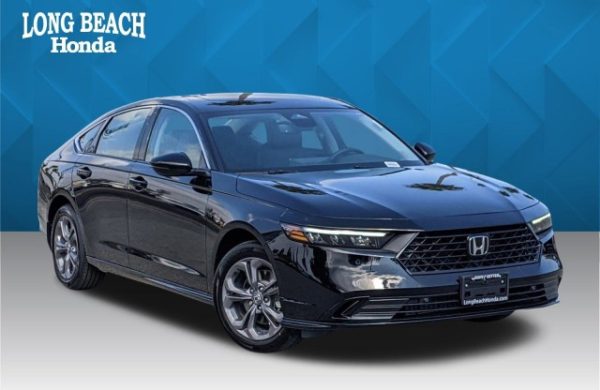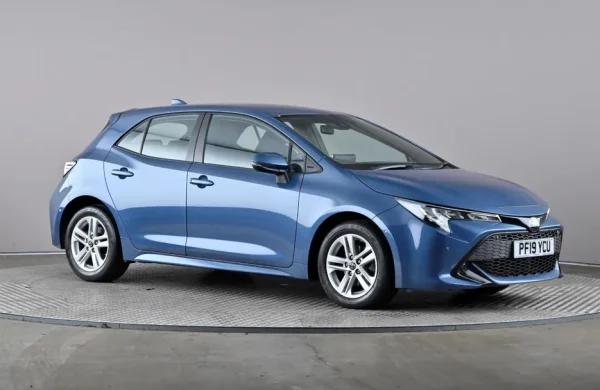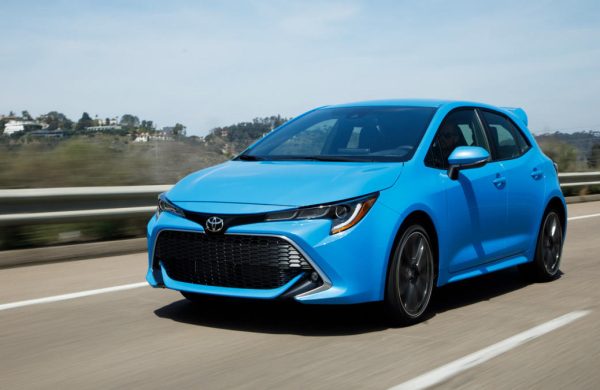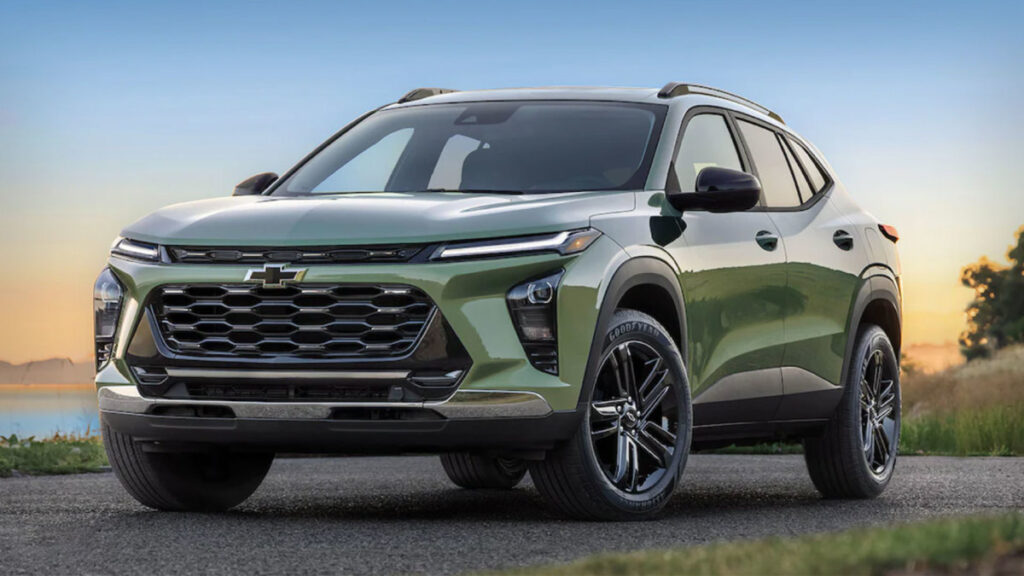Dealer Fees
Understanding Car Dealer Fees
When negotiating your car price, it’s crucial to consider the total out-the-door cost. After negotiating the sale price, applying all applicable rebates, and securing the best trade-in value, don’t overlook dealer fees. Nearly all dealerships charge documentation or prep fees, typically ranging from $200 to $500.
These fees should be factored into your bottom-line price. Unlike taxes and registration fees, which are mandated by the state, dealer fees are set by the dealership and are often considered non-negotiable.
In many states, dealerships are required to apply the same documentation fee to all customers or none at all. However, this doesn’t mean you can’t negotiate. Dealerships can adjust the sale price of the vehicle by an equivalent amount to offset these fees.
Additionally, it’s important to ask what the dealer fee covers. Will they detail the vehicle, fill it with gas, or provide your first inspection sticker? Understanding these details can help clarify what you’re paying for beyond the vehicle itself.
Being aware of dealer fees and how they impact your total cost can empower you to negotiate effectively and ensure you get the best deal possible at Sam Auto Buying Club.








Understanding Consumer Rebates & Dealer Cash
Once you’ve negotiated your sale price, it’s important to consider rebates and incentives that can further reduce your final cost. There are two main types of rebates that can help lower your bottom line: factory-to-consumer rebates and factory-to-dealer incentives. It’s crucial to note that these rebates come directly from the manufacturer, not the dealership, and should not be mistaken for a dealership discount.
Factory-to-consumer rebates and incentives are typically listed on the manufacturer’s website. Knowing these upfront ensures that you can verify they are applied correctly
and not misrepresented as a dealership discount. Additionally, you may qualify for additional rebates such as owner loyalty, college graduate, or military discounts. Researching these programs beforehand allows you to maximize your savings.
On the other hand, factory-to-dealer incentives, often referred to as dealer cash, can be more challenging to uncover. These incentives are not publicly advertised and are payments made directly to the dealership. Since dealerships are not required to disclose these incentives to customers, they may use them to offer additional discounts that appear to come from their own funds. Dealer cash amounts can vary, ranging from flat amounts on specific models to incentives based on sales volume.
By understanding both consumer rebates and dealer cash, you can navigate negotiations more effectively and ensure you’re getting the best possible deal at Sam Auto Buying Club.











